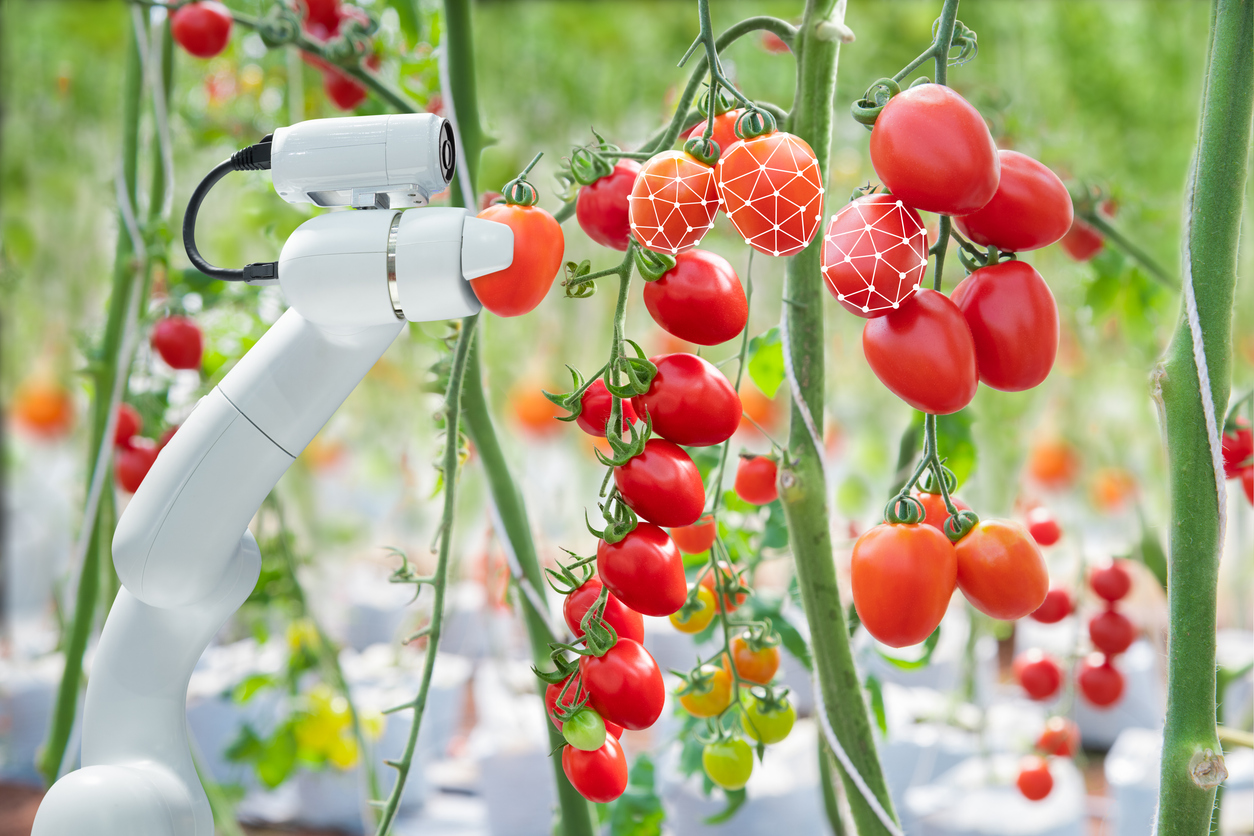
Robots in High-Tech Farming (Grades 6-8)
Students discover the four main components of robots, explore how robots are used in agriculture, and program and operate a robot to address a farming challenge.

Students discover the four main components of robots, explore how robots are used in agriculture, and program and operate a robot to address a farming challenge.

Students discover the four main components of robots, explore how robots are used in agriculture, and program and operate a robot to address a farming challenge.
Students identify the parts of a wheat plant and wheat kernel and investigate the process of milling wheat kernels into flour.
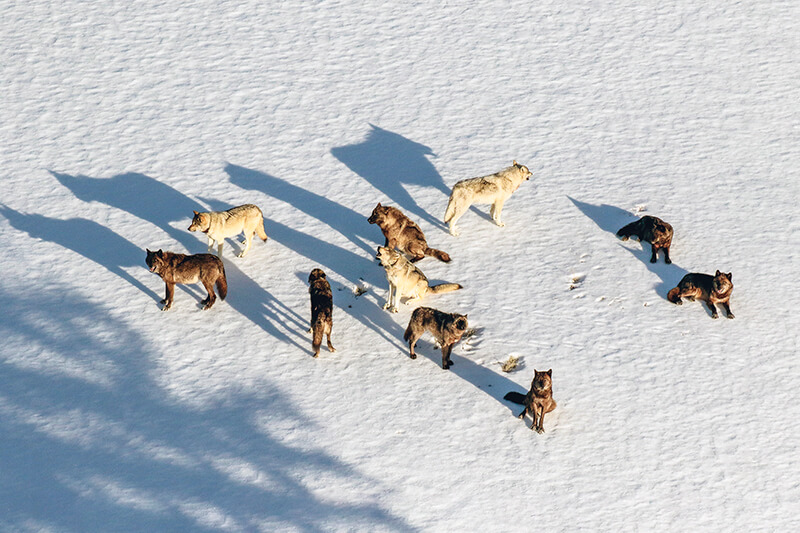
Students discover multiple perspectives concerning the reintroduction of gray wolves into the wild by researching pros and cons and participating in a debate.

Students discover multiple perspectives concerning the reintroduction of gray wolves into the wild by researching pros and cons and participating in a debate. Grades 3-5
Students use the visual representation of a web to explore the role of agriculture in their daily lives and understand how most of the necessities of life can be traced back to the farm.
Students examine MyPlate and discover the importance of making half their plate fruits and vegetables.
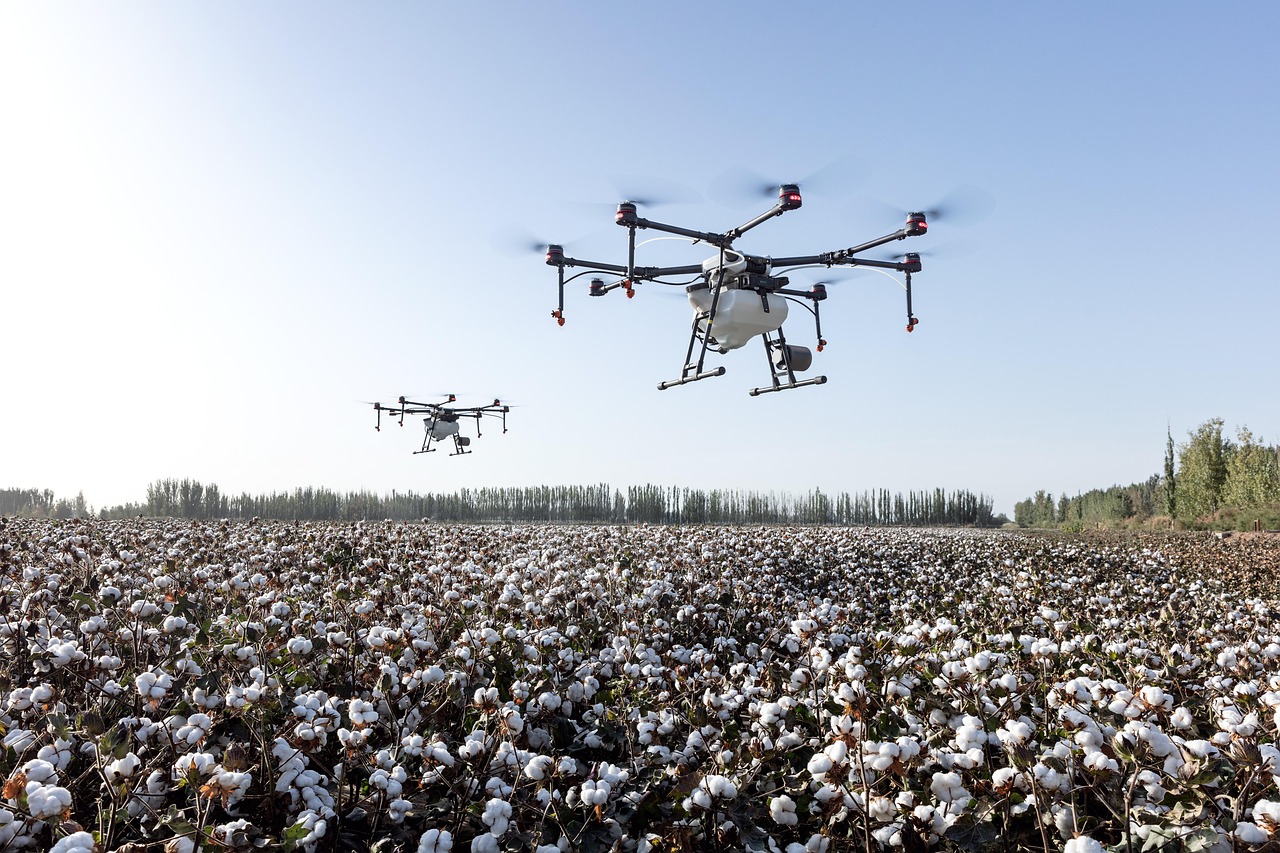
Students discover the science behind how a drone works, explore how drones are used in agriculture, and program and operate a drone for the purpose of monitoring grazing sheep.
Students describe the physical properties of materials and observe physical and chemical changes as they examine the ingredients in pancakes and how maple syrup is harvested from trees.
Students identify the process used by plants to make their own food and discover how photosynthesis provides the food they eat.
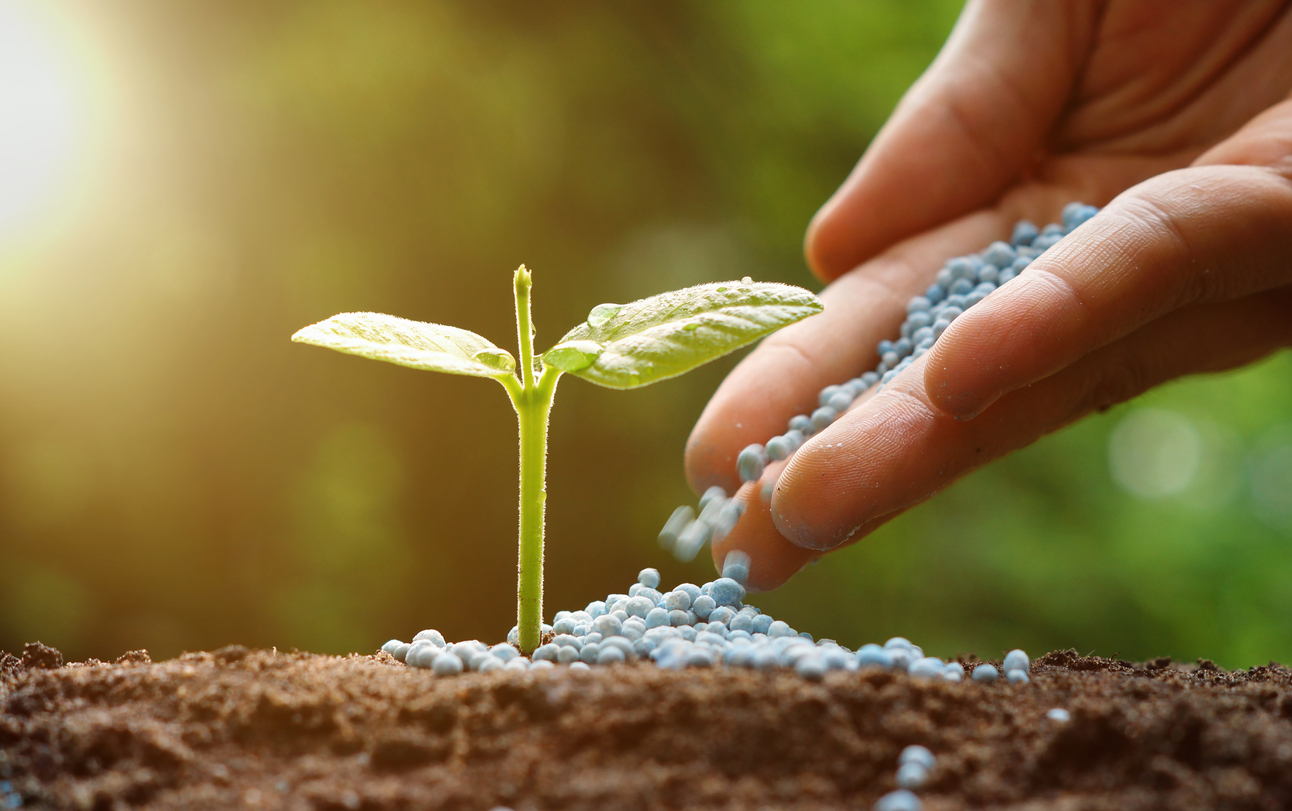
In this lesson students will recognize that fertile soil is a limited resource to produce food for a growing population, describe the role fertilizer plays to increase food productivity, distinguish between organic and commercial fertilizers, and recognize how excess nutrients are harmful to the environment.
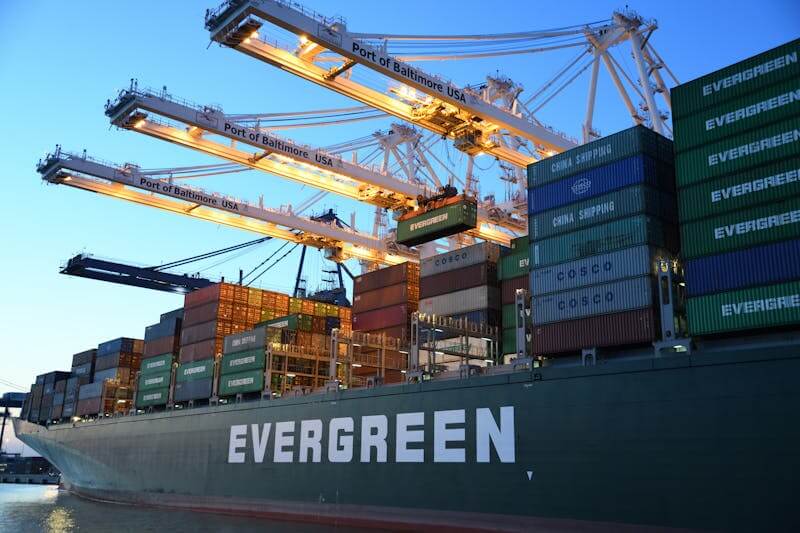
Students will examine the impacts of the Columbian Exchange and identify the economic and cultural impacts of contemporary global agricultural trade. They will also explore how food choices influence patterns of food production and consumption.